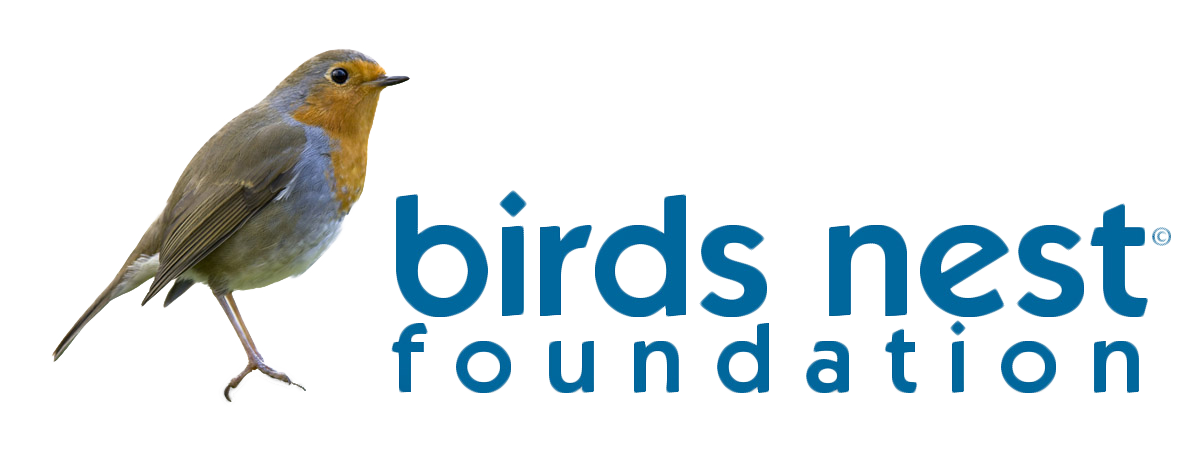Muslim Women’s Institute serves Bronx community
It’s astonishing to consider the impact a single organization can have on a community. Rather than provide supplemental or extraneous services that benefit only a marginalized few (as some people think they do… somehow), nonprofits, when well-run and adequately funded, deeply impact their communities and improve the lives of those they serve.
Muslim Women’s Institute for Research and Development (MWIRD) is one such non-profit. It’s a faith-based community organization in the Bronx that focuses on providing food and health education to those who need it and transitional services to new immigrants.
They offer ESL classes, literacy classes, cooking demonstrations, nutrition workshops and a program for school children called Open Market Backpack. They also hold health fairs throughout the year and distribute free condoms and educational literature about sexually transmitted infections. Such material might seem a tad unusual coming from a Muslim organization but Executive Director, Sultana Ocasio, stresses that, though MWIRD is “faith-based,” their first priority is meeting their communities needs … and Highbridge, the location of one of MWIRD’s offices, has the highest HIV and AIDs rates of any neighborhood in New York City.
“We’re not a Masjid,” Ocasio says. “We distribute condoms because the need is there in this community for safe sex. So, we don’t judge. People just come in and they take the free condoms.”
MWIRD certainly provides a wide range of services to address the many needs of the community but it’s hunger related issues that have always been their “biggest service,” according to Ocasio.
In a way, this makes sense as MWIRD actually started out as a food pantry in the 90s. Founder Nurah Ammatt’Ulla saw the need for low-income families to have access to nutritious and halal food after noting the struggles that Muslim immigrant women faced while grocery shopping. The predominantly west African women couldn’t read the food labels and so were unintentionally bringing home products containing pork. To combat the problem, Ammatt’Ullah opened a halal food pantry at Mount Hope Mosque in 1997 and MWIRD was born.
In the interim 17 years, MWIRD has opened two more pantries, one in Bridgewater and another in Highbridge (the pantry at Mount Hope Mosque has since closed) and maintains partnerships with various New York City hunger relief programs.
“We try our best to acquire healthy foods,” Ocasio says. “So, we get donations of organic foods from organic local farmers, deliveries from Food Bank for New York City and City Harvest and we also work with the United Way of New York City.”
When asked if she’s ever sensed any anxiety or hostility from non-Muslim clientele, Ocasio’s answer is simple. “No. We’ve been in the neighborhood for a while and they kind of know us already.”
MWIRD has certainly become a welcome and integral part of the community because of their judgment-free attitude and high-quality produce … but it’s also because the sheer need for food in the neighborhoods in which MWIRD operates is so great. This is something that Ocasio wasn’t quite prepared for when she started at MWIRD.
“I don’t come from a privileged background,” she says. “We never had a lot but we always had, you know? … We didn’t go hungry. So before I came to work at [MWIRD] I didn’t really understand the problem of people really having no place to go.” She describes arriving at the pantry at 9 in the morning to find a line of people already waiting for food that wouldn’t be served until 3 in the afternoon “just to ensure that they would not be turned away” and seeing young couples with babies wandering the streets in search of their next meal.
It’s a situation that’s much more dire than many Americans realize and part of the struggle in running MWIRD stems from society’s view that the services MWIRD provides can and should be volunteer-based. The truth is, that the situation now requires much more attention and manpower than volunteers alone can provide. For example, if a restaurant calls to offer MWIRD some of its surplus food but no one is available to take the call or drive to pick up the food, MWIRD won’t receive the donation. MWIRD is also in need of technological assistance as they are trying to rebuild their website and strengthen their online presence but currently lack the computer skills to do so. “It’s come to the point where it’s not volunteer [work] anymore, it’s can’t be done by volunteers because the capacity of what we can do with volunteers is so limited,” Ocasio says.
MWIRD is clearly doing good work and providing much-needed services but if it, and similar organizations, are to continue making an impact, society has to acknowledge the extent of the problems at hand and alter their view of non profits accordingly.
If you’re interested in volunteering, please contact MWIRD at events@mwird.org
